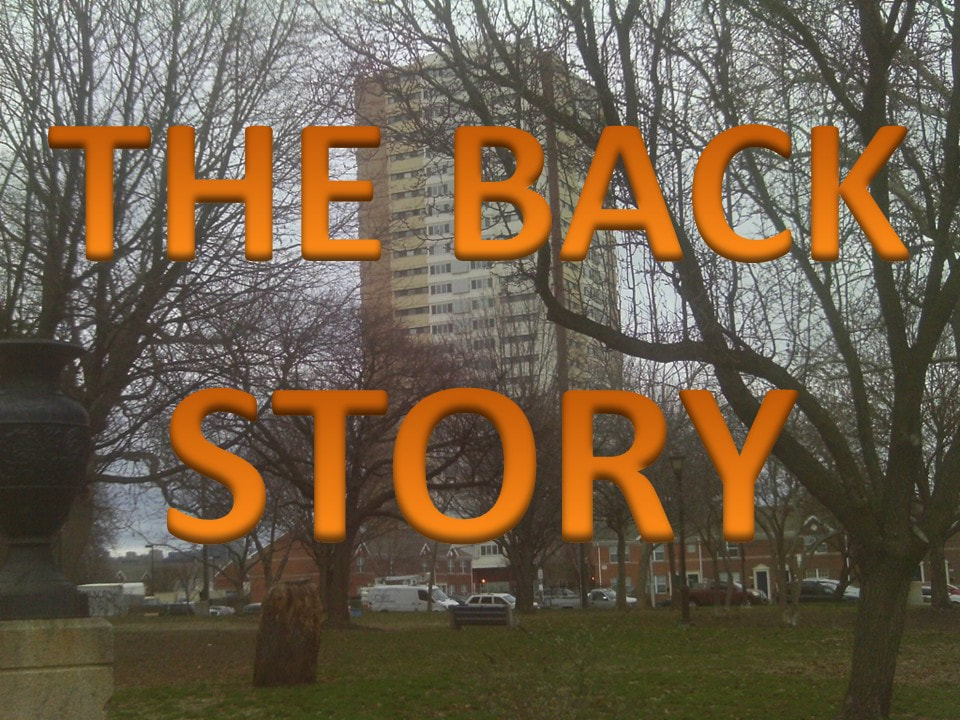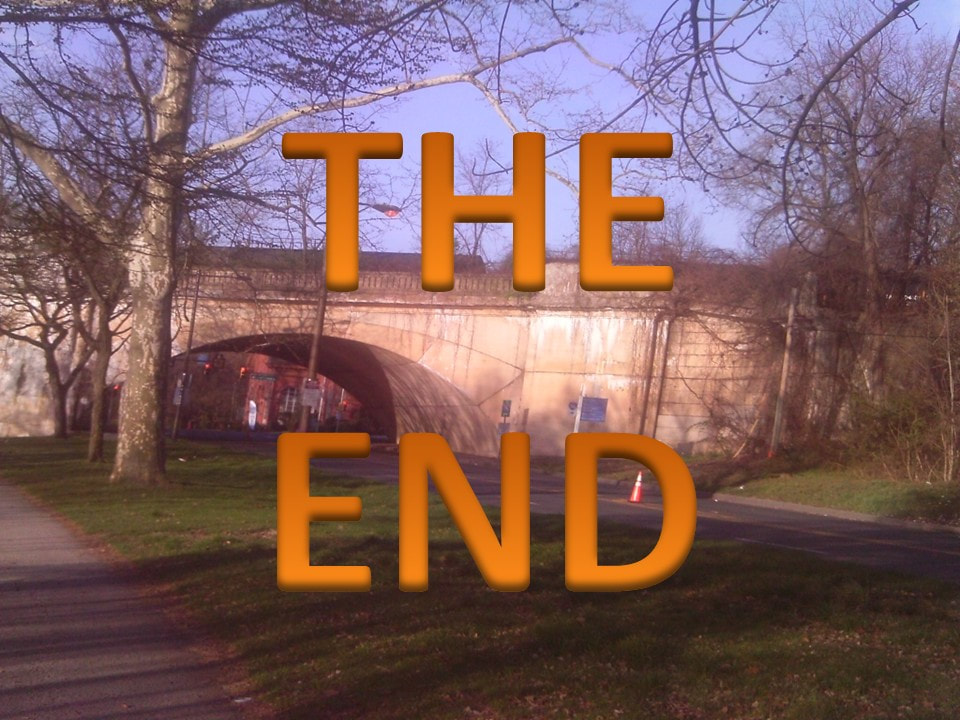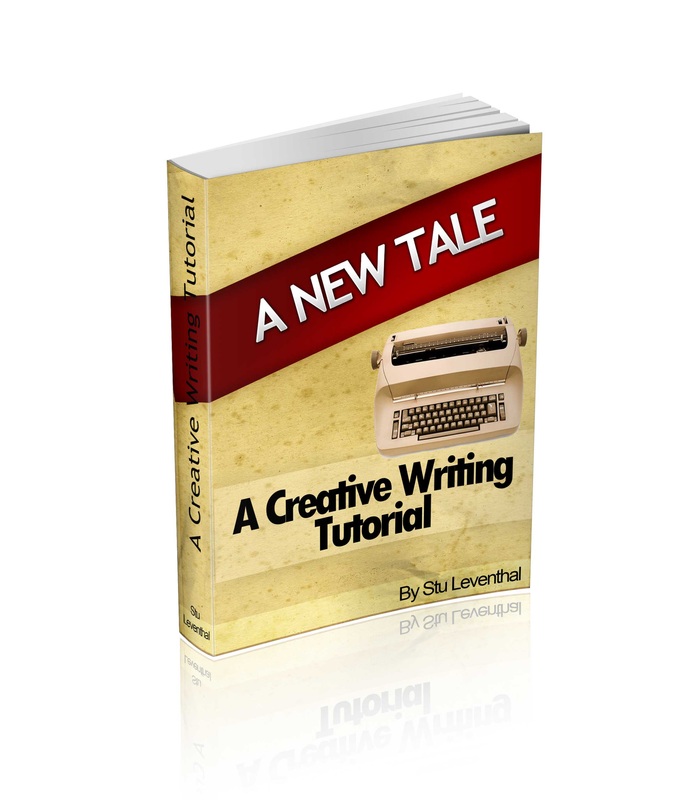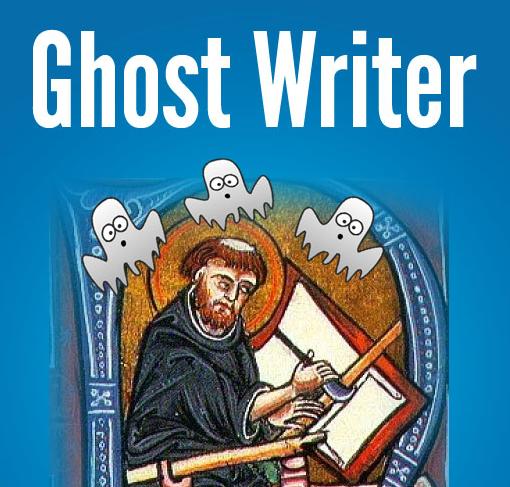What Was Going On Before This Story Took Place?
To tell a backstory thoroughly and clearly, you need to expose your reader to multiple points of views. The reader needs reliable info to decide who to believe.
Backstory gives meaning to the present tense...
Did your main character make a big mistake, years ago, that is causing them to hesitate to act now? Was another character there for your main character, when they needed support or help, so now your main character feels like they owe that character?
Backstory is about how your characters developed their life values. What gave them the traits that made them who they are? The story is about how a happening is about to put their values to the test and possibly change those values forever.
TIP: Your backstory can bring your characters to life FAST, for your readers. When readers care about what happens to characters, you have all the reason you need to tell those characters adventures.
- Set the Mood!
- Why is this Tale Important, Interesting, Worth Learning About?
- Tell enough to set up your tale up for success but not too much. The bulk of your story should be delivered in the actions of your characters and thru their dialogs.
- As the author, try not to explain your characters using your writer's voice. Let others say what they think about your characters when talking about them to other charters.
- Your backstory sets the stage for what is about to happen.
- Consider allowing your reader to hear what a character is thinking. A character can say best why something they are experiencing is causing them sever sadness or anger or delight. Are they reminiscing? Did something happen years ago when they were a child to trigger their nervous reaction now?
- Let your character tell other characters about their past (backstory). Thier own words make their admissions compelling "I saw some horrible things when I was serving in the Marines. Someday, perhaps I'll tell you about some of them. But a few stories I'll be taking to the grave with me." Or, "Yes, it's true; I dated Matilda for two years. It didn't work out because...." Or, "I was on my way to becoming a Pro Boxer, a few years back, until the car crash injured my shoulder."
- Give your characters, telling mannerisms and unique habits then find ways to let your readers in on the secrets behind your character's quirks.
Backstory gives meaning to the present tense...
Did your main character make a big mistake, years ago, that is causing them to hesitate to act now? Was another character there for your main character, when they needed support or help, so now your main character feels like they owe that character?
Backstory is about how your characters developed their life values. What gave them the traits that made them who they are? The story is about how a happening is about to put their values to the test and possibly change those values forever.
TIP: Your backstory can bring your characters to life FAST, for your readers. When readers care about what happens to characters, you have all the reason you need to tell those characters adventures.




 RSS Feed
RSS Feed
